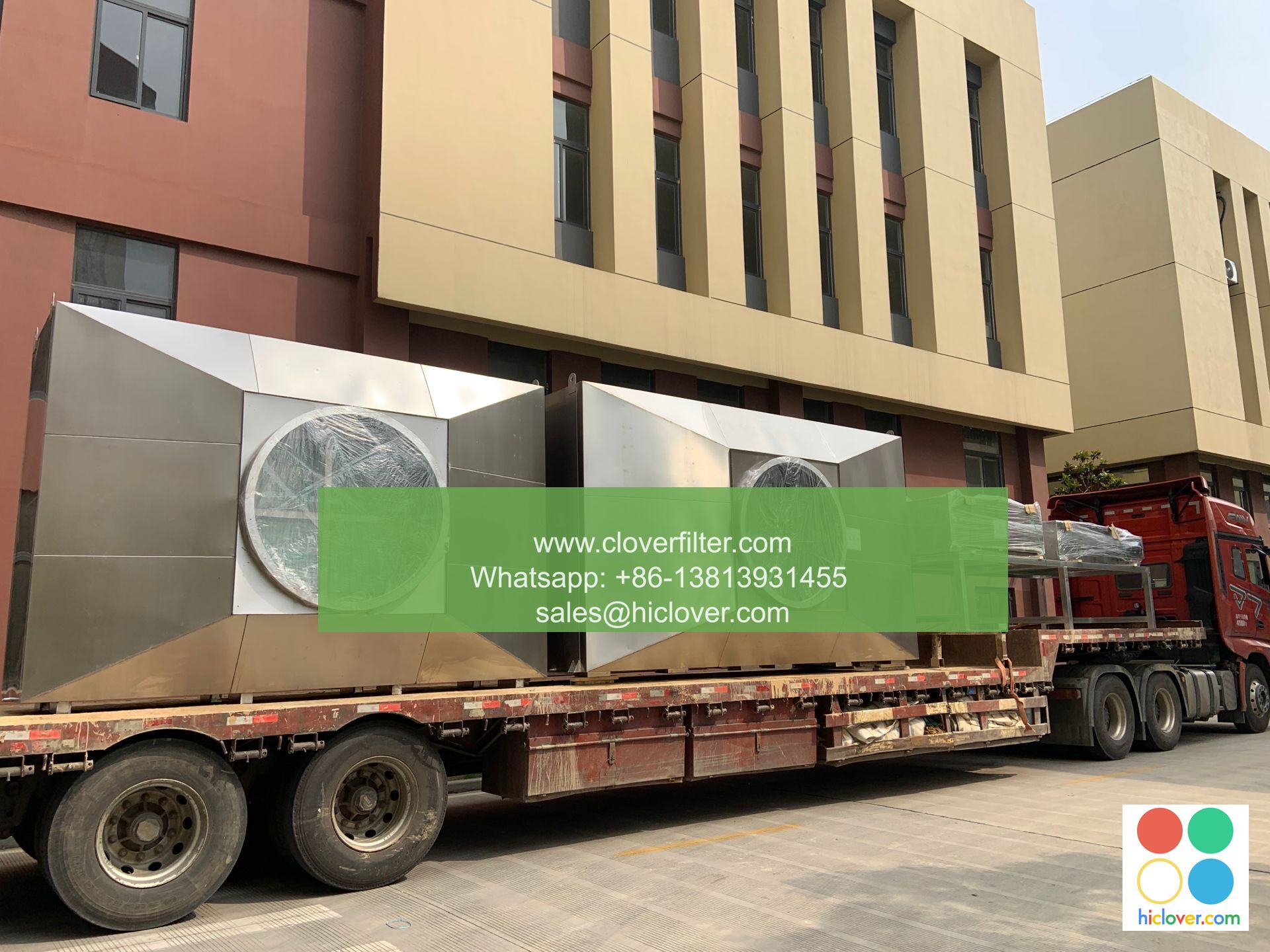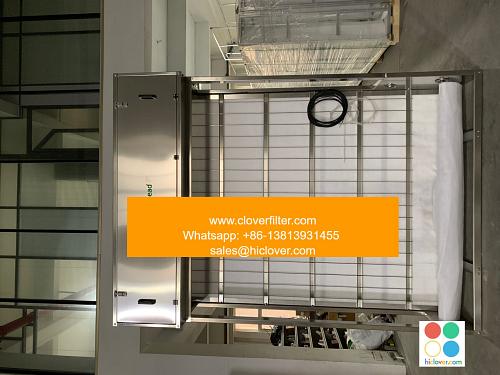Overview of Automatic Roll Air Filters for Laboratory Settings

Automatic roll air filters are a crucial component in maintaining a clean and controlled environment in laboratory settings. These filters are designed to provide high-efficiency filtration, capturing airborne particles and contaminants that can compromise the integrity of laboratory experiments and procedures. In this article, we will discuss the key features, benefits, and applications of automatic roll air filters in laboratory settings, highlighting their importance in indoor air quality management, contamination control, and laboratory safety.
Principle of Operation and Key Features
Automatic roll air filters operate on the principle of continuous filtration, where a roll of filter media is slowly unwound and passed through a filter frame or housing. As the air passes through the filter, particles and contaminants are captured, and the clean air is discharged into the laboratory. The key features of automatic roll air filters include:
* High-efficiency filtration: capable of capturing particles as small as 0.3 microns, including bacteria, virus, and other microorganisms
* Low maintenance: automatic roll change and self-cleaning features minimize the need for manual intervention
* Compact design: space-saving and easy to install in laboratory settings
* Energy efficiency: low power consumption and environmentally friendly
Applications in Laboratory Settings
Automatic roll air filters have a wide range of applications in laboratory settings, including:
* Biotechnology laboratories: where sterile environments are crucial for cell culture, PCR, and other sensitive procedures
* Pharmaceutical laboratories: where high-purity air is required for drug development and quality control
* Medical research laboratories: where infection control and contamination prevention are critical
* Food and beverage testing laboratories: where airborne contaminants can compromise product safety and quality
Benefits and Advantages
The use of automatic roll air filters in laboratory settings offers several benefits and advantages, including:
* Improved indoor air quality: reducing the risk of infection and contamination
* Increased laboratory safety: minimizing the risk of accidents and exposure to hazardous substances
* Enhanced productivity: reducing downtime and minimizing the need for rework
* Cost savings: reducing the need for manual cleaning and maintenance
Conclusion
In conclusion, automatic roll air filters are a vital component in maintaining a clean and controlled environment in laboratory settings. Their high-efficiency filtration, low maintenance, and compact design make them an ideal solution for laboratory air quality management. By highlighting the various application areas and benefits of automatic roll air filters, it is clear that they play a critical role in contamination control, laboratory safety, and product quality. As laboratories continue to evolve and become increasingly sophisticated, the importance of automatic roll air filters will only continue to grow.

